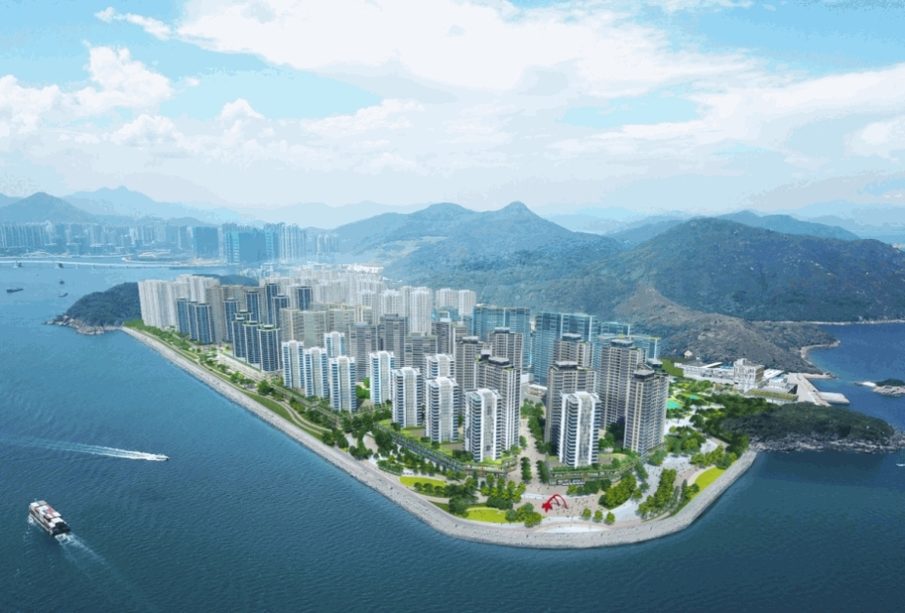The Current State of Hong Kong: Politics and Economy in 2023

Introduction
Hong Kong, a Special Administrative Region (SAR) of China, has long been a global financial hub known for its unique blend of Eastern and Western influences. In recent years, however, the political climate has shifted dramatically, affecting its economic landscape and international standing. Understanding the current state of affairs in Hong Kong is crucial for policymakers, investors, and citizens alike as the region navigates complex challenges and opportunities in 2023.
Political Landscape
The political situation in Hong Kong has been under intense scrutiny since the 2019 protests against the extradition bill, which escalated into broader demands for democracy and autonomy. In response, the Chinese government enacted a national security law in 2020, drastically altering the way governance is conducted in the region. Critics argue that this law undermines Hong Kong’s autonomy, leading to a significant crackdown on dissent and free speech.
As of 2023, local elections have resumed, but they are heavily influenced by Beijing’s directives. The Hong Kong government, led by Chief Executive John Lee, continues to promote a narrative focused on stability and economic recovery while limiting political opposition and favoring pro-establishment candidates. This dynamic raises concerns about the future of democracy in the region.
Economic Outlook
Despite ongoing political challenges, Hong Kong remains a critical player in the global economy. According to the Hong Kong Census and Statistics Department, the economy showed signs of recovery in 2022, with a projected growth rate of 3% in 2023, driven by growth in sectors like finance, logistics, and tourism. However, this recovery is precarious and significantly influenced by external factors, including U.S.-China relations and the global economic environment.
The city is taking measures to attract foreign investment, including easing pandemic-related restrictions and promoting itself as a business hub. However, ongoing geopolitical tensions pose risks. The Hong Kong Monetary Authority has implemented strategies to maintain currency stability and bolster confidence among international investors, but the long-term outlook remains uncertain due to regulatory changes and international perceptions of instability.
Conclusion
Hong Kong stands at a crossroads in 2023, grappling with political challenges and efforts to rejuvenate its economy. While the government advocates for stability and development, critics voice concerns over the erosion of freedoms and the region’s identity. As the world watches closely, the outcomes of these developments will shape not only Hong Kong’s future but also its role on the international stage. For investors and citizens alike, staying informed about these dynamics is crucial for navigating this complex environment.









